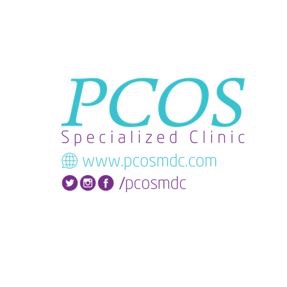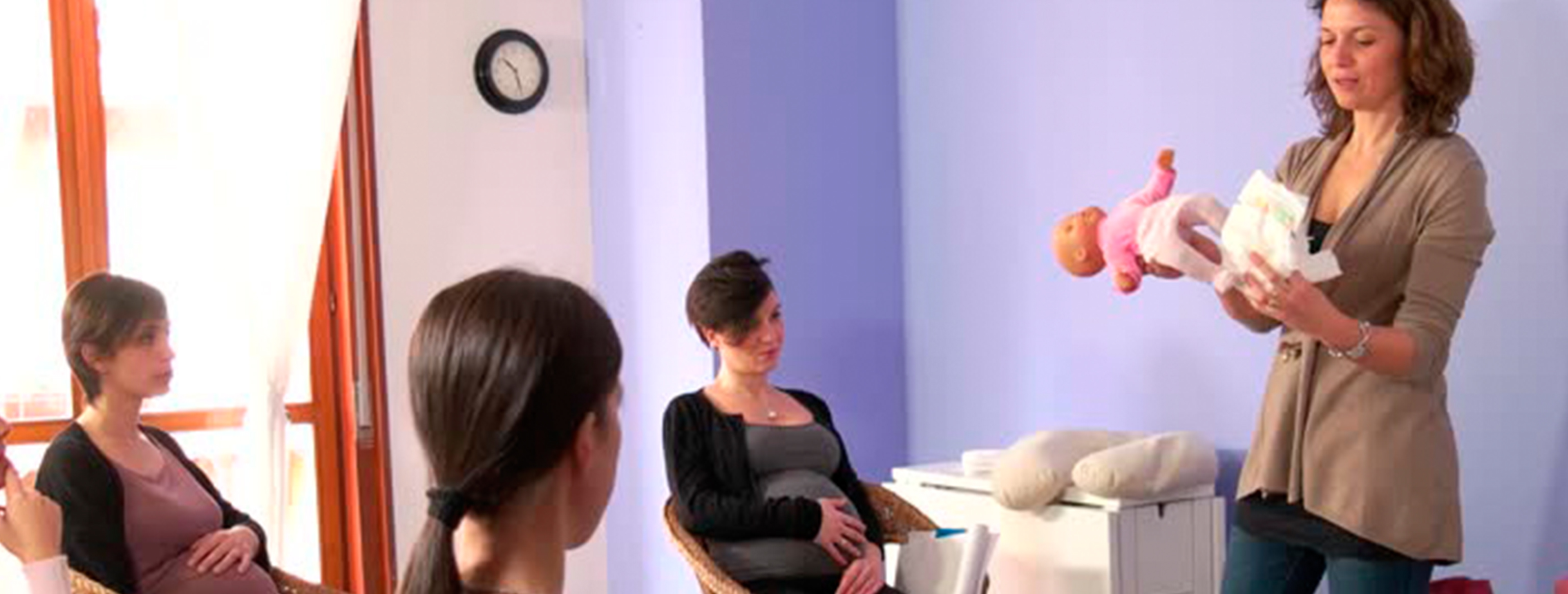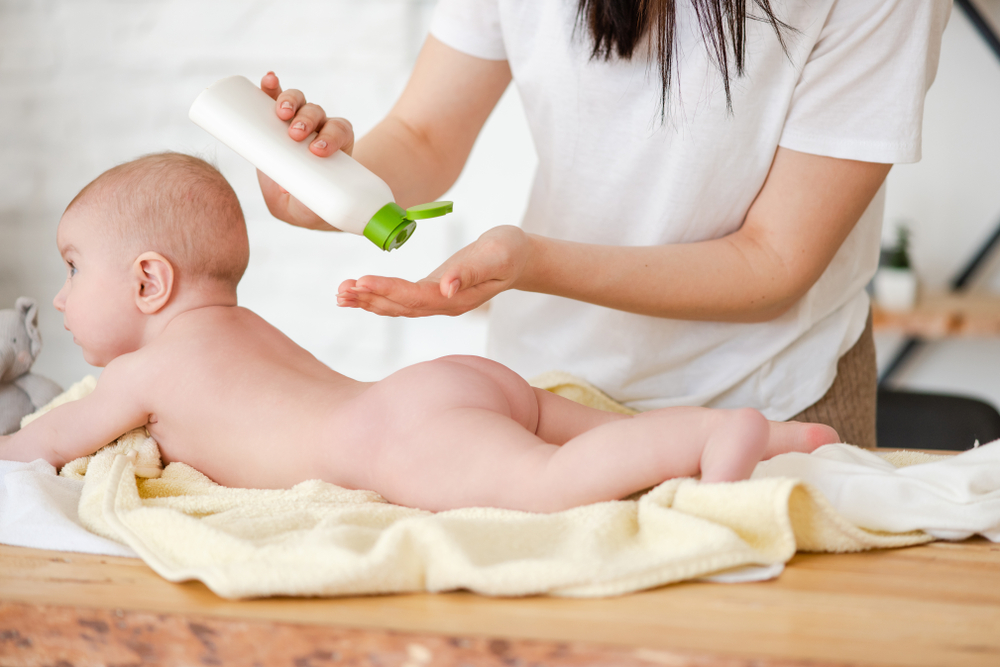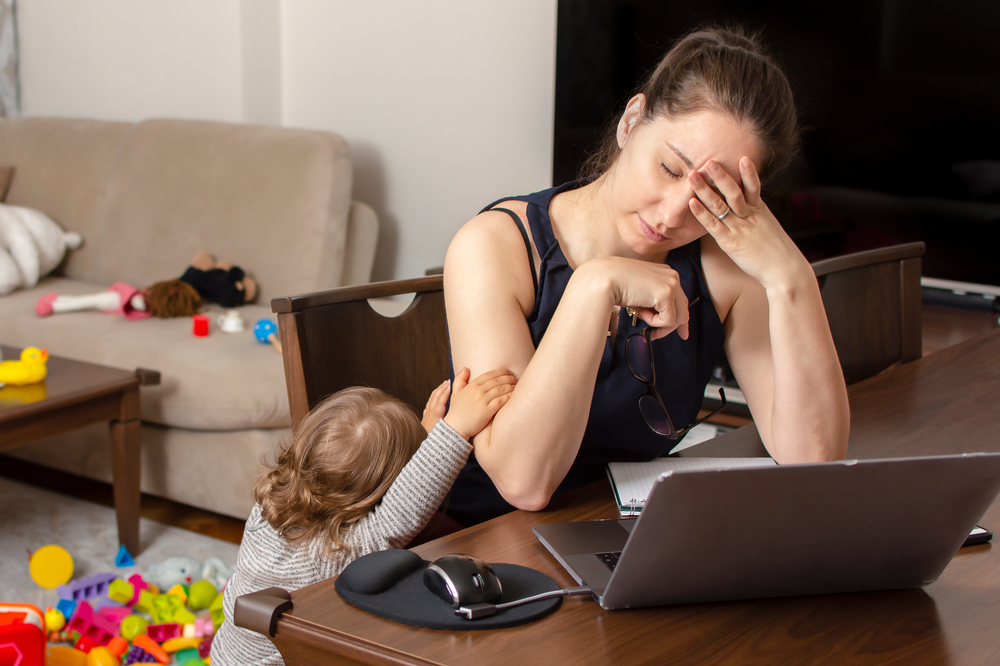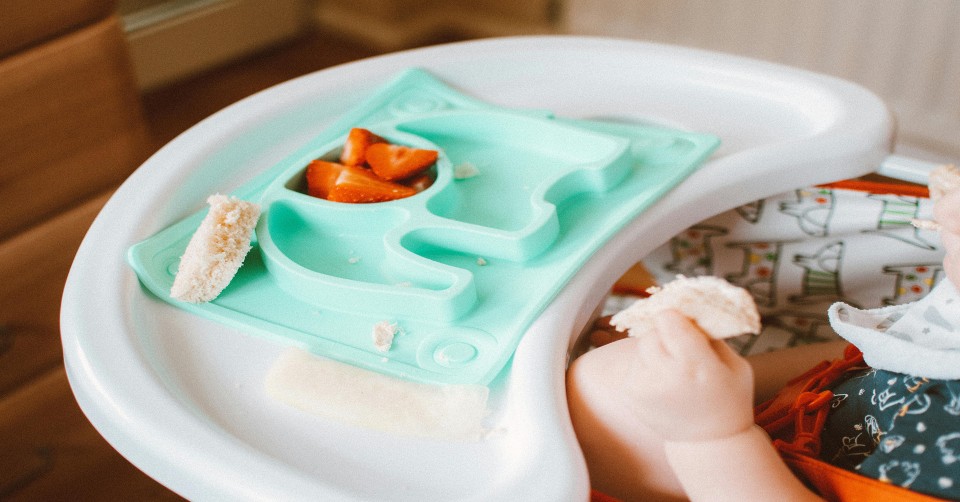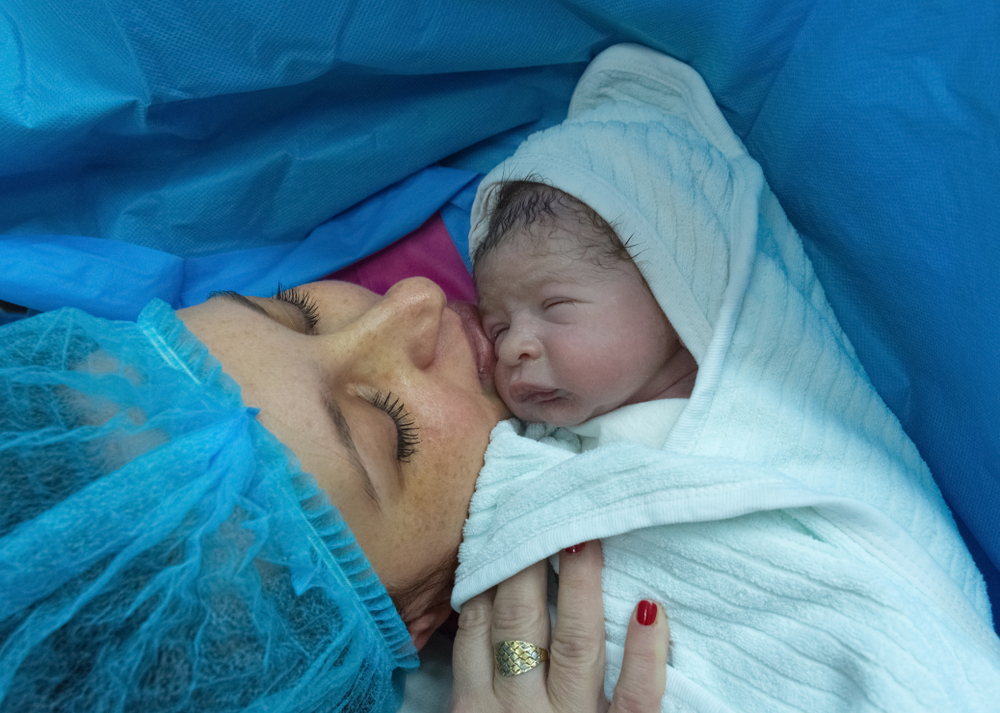Children's Health
Signs of Polycystic Ovary Syndrome in teenage girls
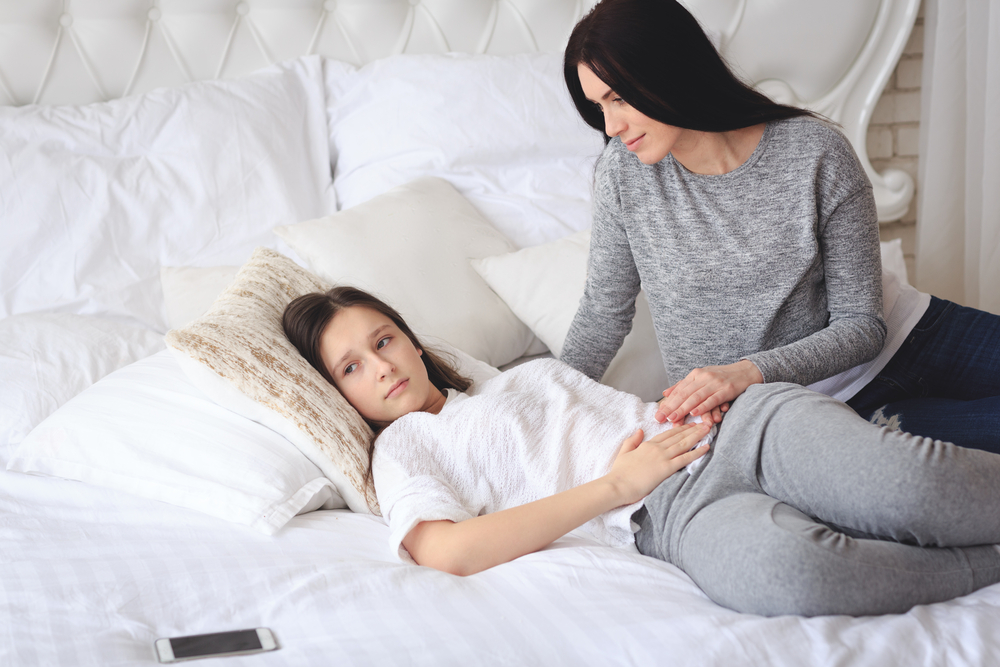
Polycystic ovary syndrome (PCOS) is one of the commonest endocrine disorders among females. The incidence is one in five females in their reproductive age group (first period – menopause)
Saying that, yes, your daughter might have PCOS and it can be diagnosed as early as she gets her period!
Keep in mind that PCOS diagnosis in teenage years is different than in adults. When you set your appointment with your doctor make sure that he/she is familiar with the diagnostic criteria of PCOS for adolescence and has actually dealt with similar cases.
Teenagers usually tend to be sensitive, give your daughter the space to ask the question she needs an answer for. Don’t volunteer any information she’s uncomfortable to share even if you think it’s important, you can always call the doctor later and share the missing piece. Don’t push her into getting her lab tests done, or take medications prescribed by her doctor.
Let her make her own decisions at her own pace. Make sure she is comfortable with the doctor she’s seeing. Ask her afterward if she wants to continue seeing her/him
How do you know your daughter is having PCOS?
The first sign you need to watch out to suspect:
that your daughter has PCOS is irregular periods. It’s not OK for young girls to have irregular periods if she has had her period for two years and still it is irregular, it’s time to go see a doctor.
Another sign your daughter might be suffering from PCOS:
is excessive hair growth in abnormal areas like face, chin, tummy, back, the upper part of the thighs. Some girls might suffer from excessive weight gain, or difficulty losing weight.
How can I help my daughter with her PCOS?
PCOS treatment depends on lifestyle changes rather than just medications. If your daughter is diagnosed with PCOS you should keep in your mind that it is here to stay. Medication can improve your health for now, but lifestyle changes are to be maintained throughout her life.
Seek professional dietary help. A dietitian can help you and your daughter in planning a healthy eating plan.
A final word, In my experience teenagers, does better if they are comfortable with their doctor. Being able to share in making decisions related to the management of their case does wonder to their compliance and commitment to the management plan.

